Alright – so today we’ve got the honor of introducing you to Caroline Doctorow. We think you’ll enjoy our conversation, we’ve shared it below.
Caroline, looking forward to hearing all of your stories today. Did you always know you wanted to pursue a creative or artistic career? When did you first know?
I began to play guitar and sing old traditional folk ballads at about age eight. My father taught me the first few chords that I ever learned. He had a little folk music band called The Ravelers with my mother and my dad’s brother Don.( The band name being a humorous nod to the hugely popular folk band The Weavers) They would play at our family’s Sunday gatherings. Of course, I didn’t think of music as my profession until I was in my 20s. It was simply my passion. Music was my life and became my livelihood. If you can manage to survive and make a living, even a modest one, from your passion, what is more fulfilling than that? When asked if folk music was lucrative, I used to joke that “you could make tens and tens of dollars!”
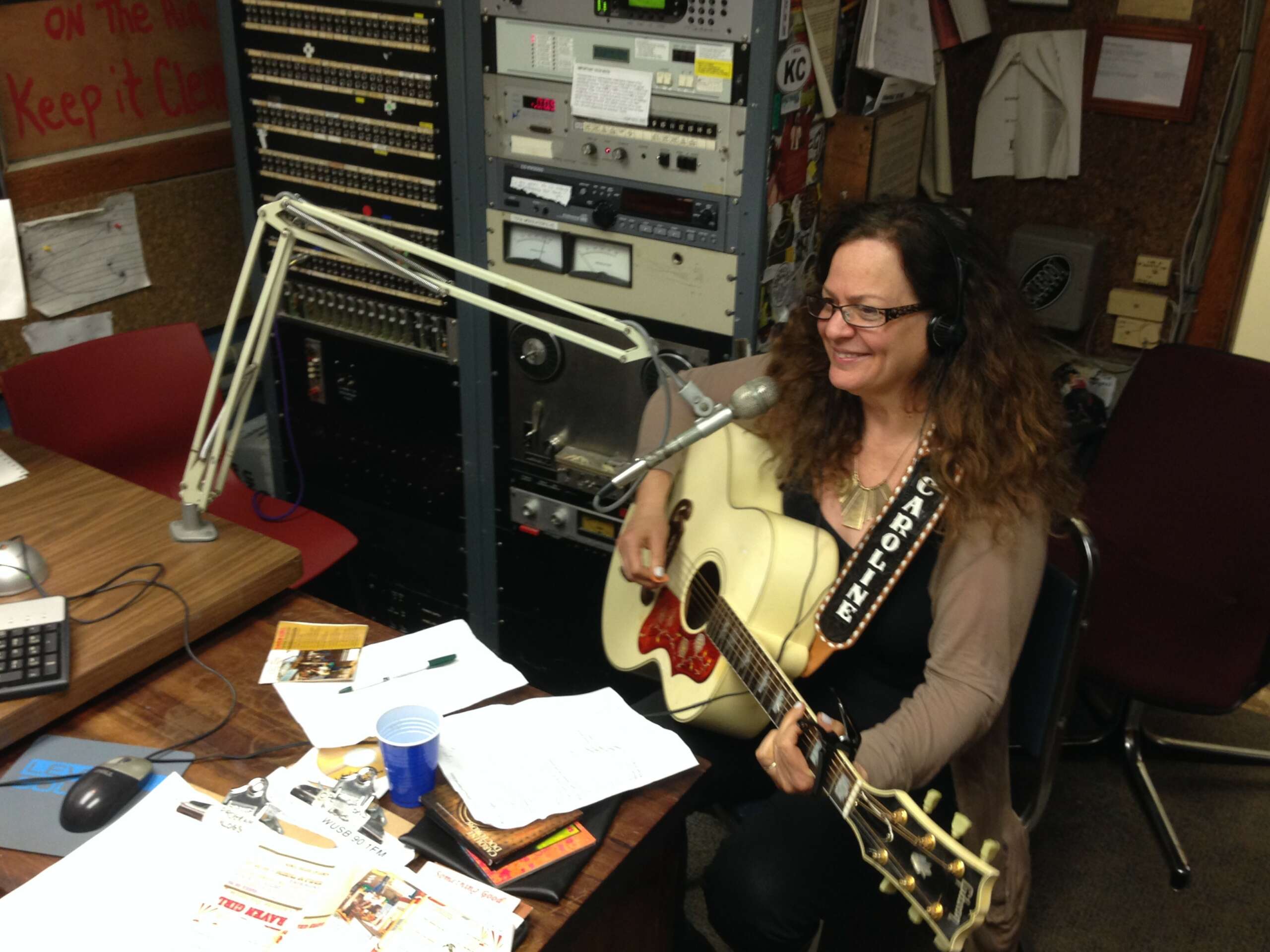

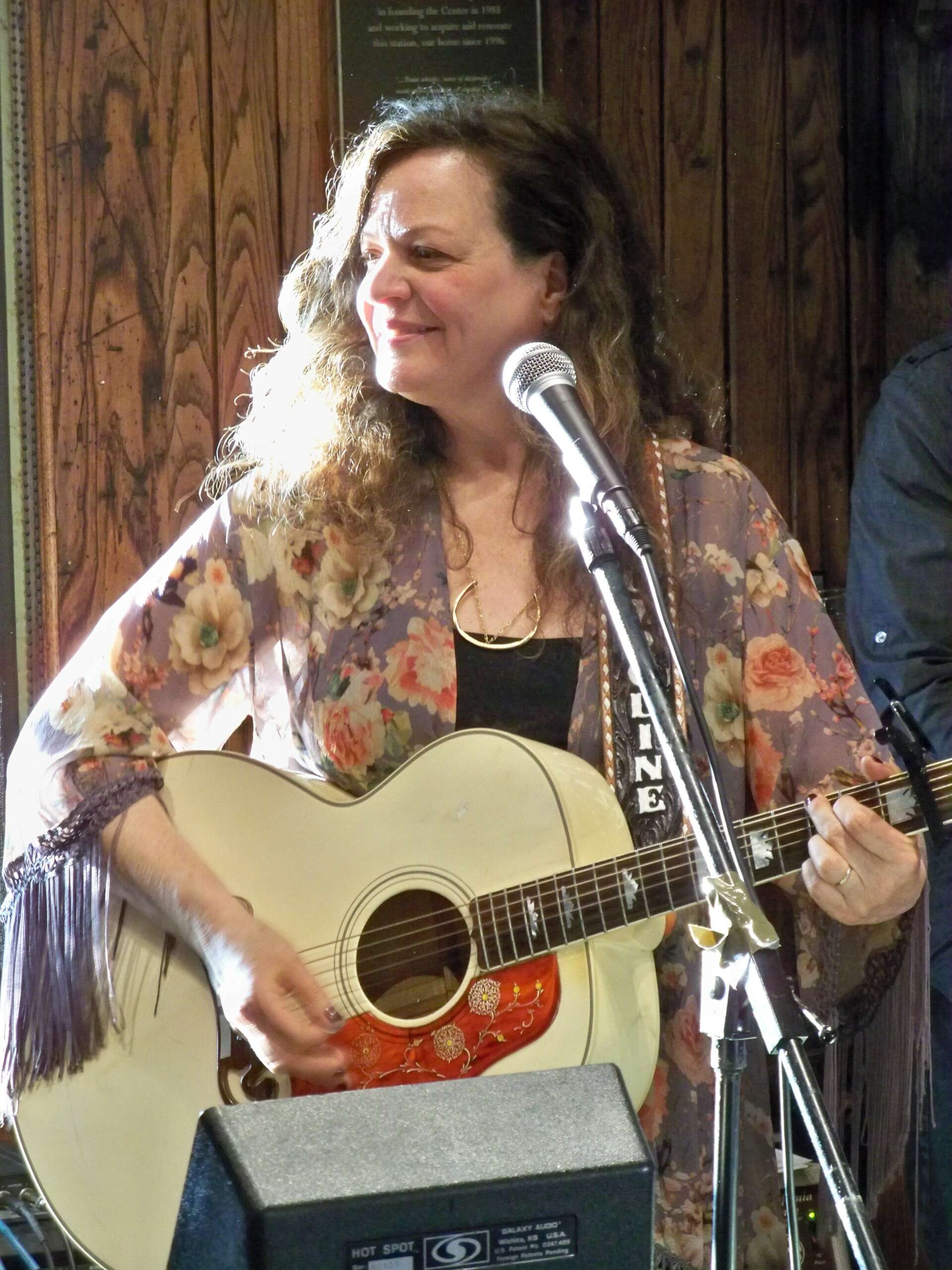
As always, we appreciate you sharing your insights and we’ve got a few more questions for you, but before we get to all of that can you take a minute to introduce yourself and give our readers some of your back background and context?
I grew up in the 1970s at a time when folk music was very popular. It was an extremely fertile time for the genre. My parents had an extensive record collection: Bob Dylan, Joan Baez, Judy Collins, Woody Guthrie, Louis Armstrong, Pete Seeger, Paul Robeson, Glen Campbell to name just a few. There was always music playing in our house. Good music. Now, folk music is a niche and a very small one at that even though what is considered “folk” music has expanded. It now encompasses the categories “Americana”, “Roots”, “Singer-Songwriter”.
By the time I got to high school I was teaching guitar for spending money — playing little gigs here and there: the local YMCA, school events, that kind of thing. Many of my friends played folk music too, and we’d sit around for hours and sing songs, play banjos, guitars and fiddles. Singing seemed to come naturally to me although it took me some time to find my own style. I didn’t begin writing songs until I was in my 30s. The singers who most influenced me, Joan Baez, Judy Collins, Maddy Prior, were initially known for their singing. They weren’t “singer-songwriters” and I followed their model. I was just interested in singing. Then Joni Mitchell came along and the era of “singer-songwriters” really began in folk music: Nanci Griffith, Mary Chapin Carpenter, Mary McCaslin. So I began to write songs. And I hope I’m still improving as a songwriter.
When I was eight, I got to meet and spend time with Joan Baez, who was a music and cultural phenomenon (she remains a peace activist and folk icon to this day). My father, then a book editor (E.L. Doctorow, author of books such as Ragtime, Billy Bathgate,The Book of Daniel) was editing her autobiography Daybreak so Joan spent time with my family, staying over a few nights here and there as they worked on the book. Joan even taught me some chords on the guitar! You can imagine how inspiring that was, both musically and philosophically. I have not led the life of an activist as she has, but I’m happy to spread the word through song.
What I provide (I hope) is contemporary folk music in a style of my own, with a nod to the great folk artists of the ’60s. And along those lines, one of my favorite kinds of songwriting is to tell the stories of the larger-than-life folk icons that made such an impression on me when I was a child. I wrote a song called The Ballad Maker which celebrates the life of Woody Guthrie. I recently finished a song titled The Nightbird which is an homage to the groundbreaking disc jockey and radio host Alison Steele, who introduced my generation to folk rock with her popular and influential late-night radio program on WNEW-FM in New York.
Carrying on the legacy of these artists is important to me, and I suppose it’s a large part of my “brand.” I released an album titled Another Country: The Songs of Richard and Mimi Fariña, which was the first retrospective of their work ever to be released. The late Mimi Fariña was Joan Baez’ sister and her husband Richard was a talented singer-songwriter and author. I also celebrate the music of western-themed songwriter Mary McCaslin on my tribute album to her titled: I Carry All I Own: The Songs of Mary McCaslin. I guess you could say that what I provide is new music that celebrates those ’60s folk music giants.
Another aspect of my musical career is my 15 years as a radio host at the Bridgeport, CT station WPKN, where I host a show called Songtrails. I feature all the recordings I’ve been describing, in addition to introducing my audience to lesser known folk/roots artists.
I have produced and co-produced other artists, particularly those that recorded in my home studio (prior to the pandemic).
I have also been a radio promoter for other folk/roots artists, getting their music out to stations across the country. Most recently, I was a judge for a songwriting contest through The Maryland Folklife Center/Common Ground on the Hill in Westminster, MD. It was heartening to see and hear so many musicians still writing… folk music! I loved doing that and hope to again in some capacity.
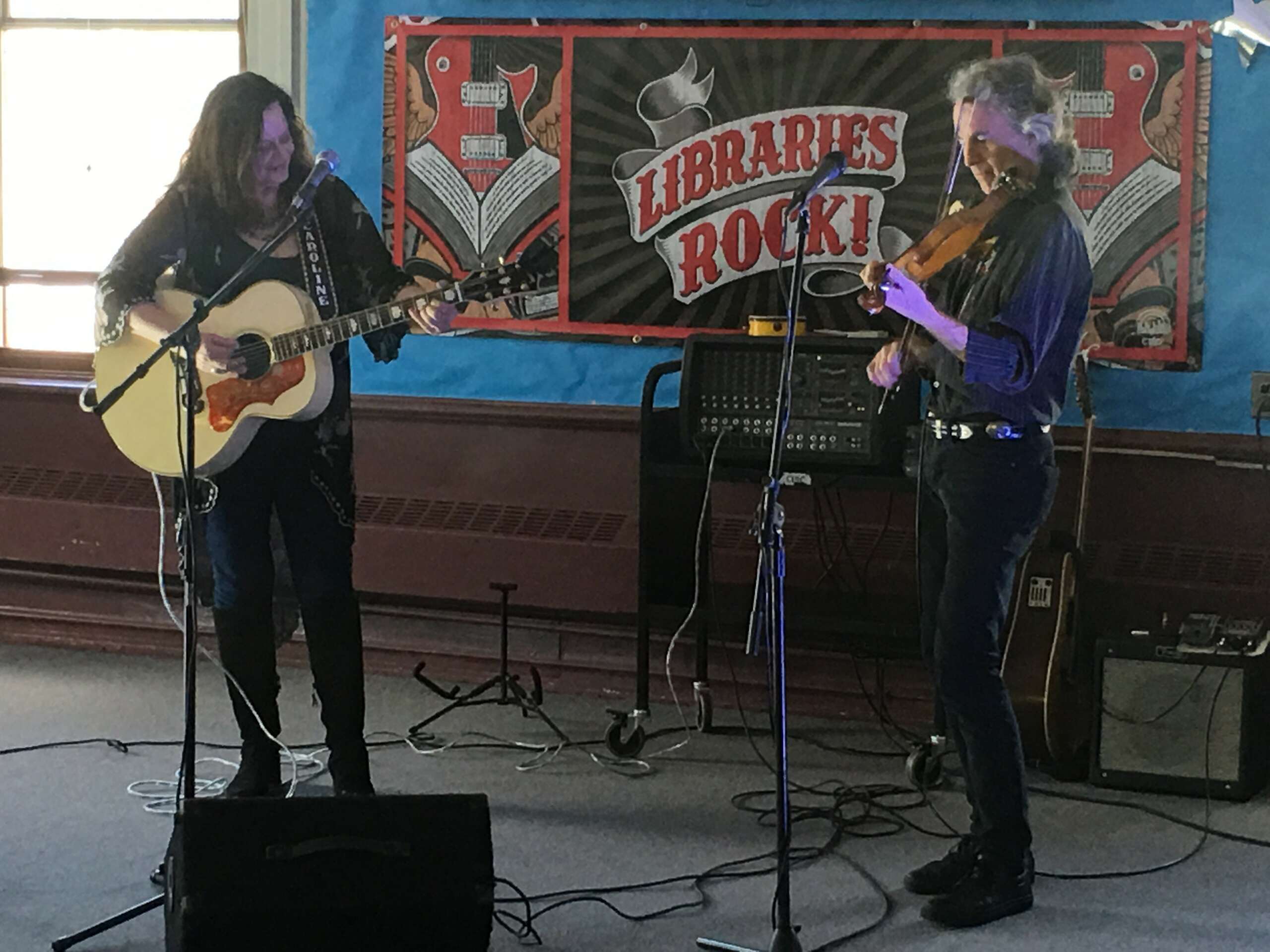
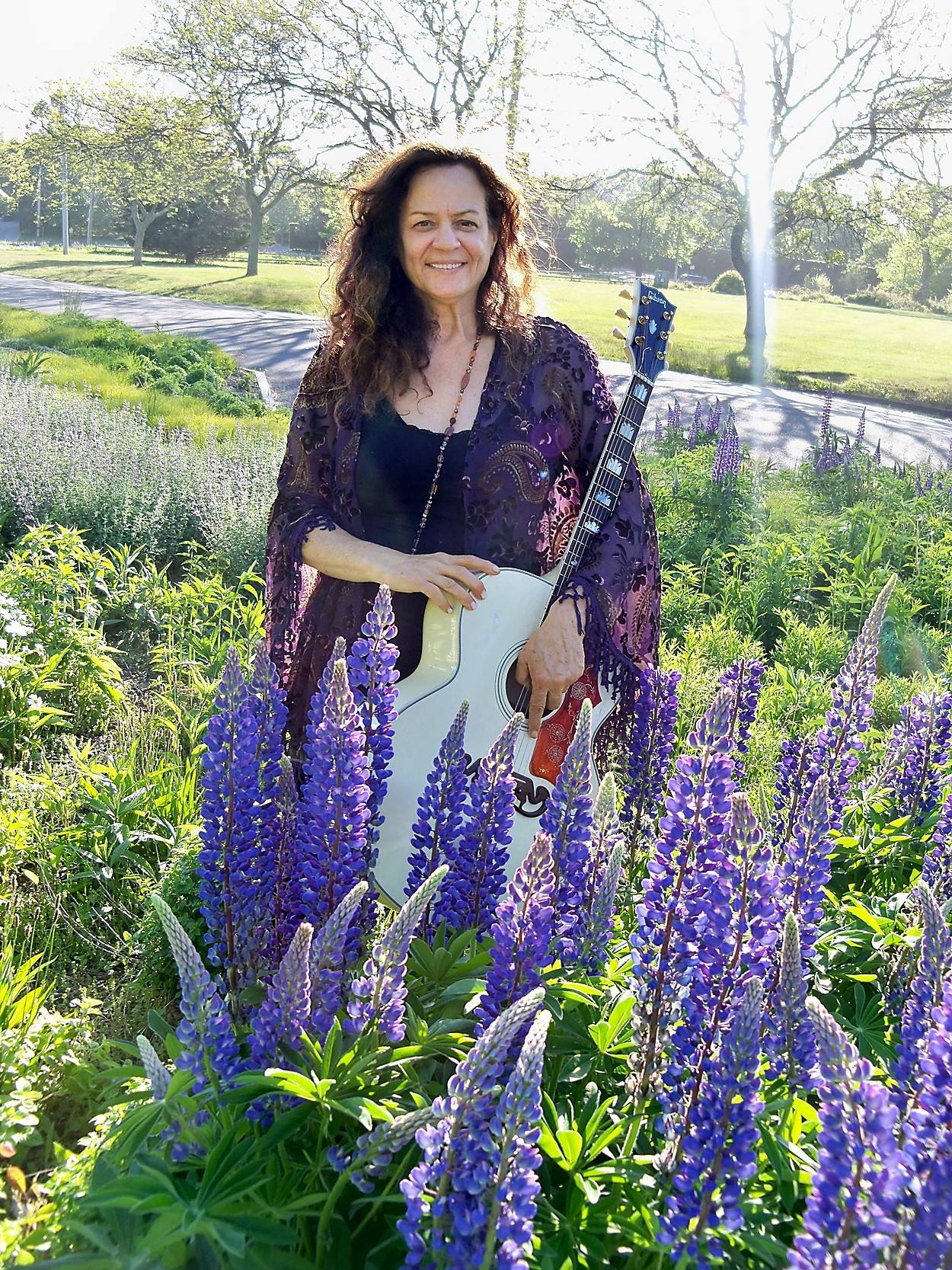
Can you share a story from your journey that illustrates your resilience?
One problem I had to overcome early on, was dealing with record producers and engineers who simply would not listen to my input on my own recordings, and deflected all my technical questions and produced a sound they wanted to hear on my records. But somehow I persevered as the years went by and didn’t give up.
It took me years to gain the confidence to stand up for my ideas and to find people who would work with me who weren’t threatened by my having a strong creative vision and an opinion about what I wanted my records to sound like. I finally found Frank Carillo (a terrific singer-songwriter in his own right) and then Pete Kennedy (a multi-instrumentalist in the duo The Kennedys). Both have been very supportive of my vision. It may be easier today for young women. I certainly hope so.
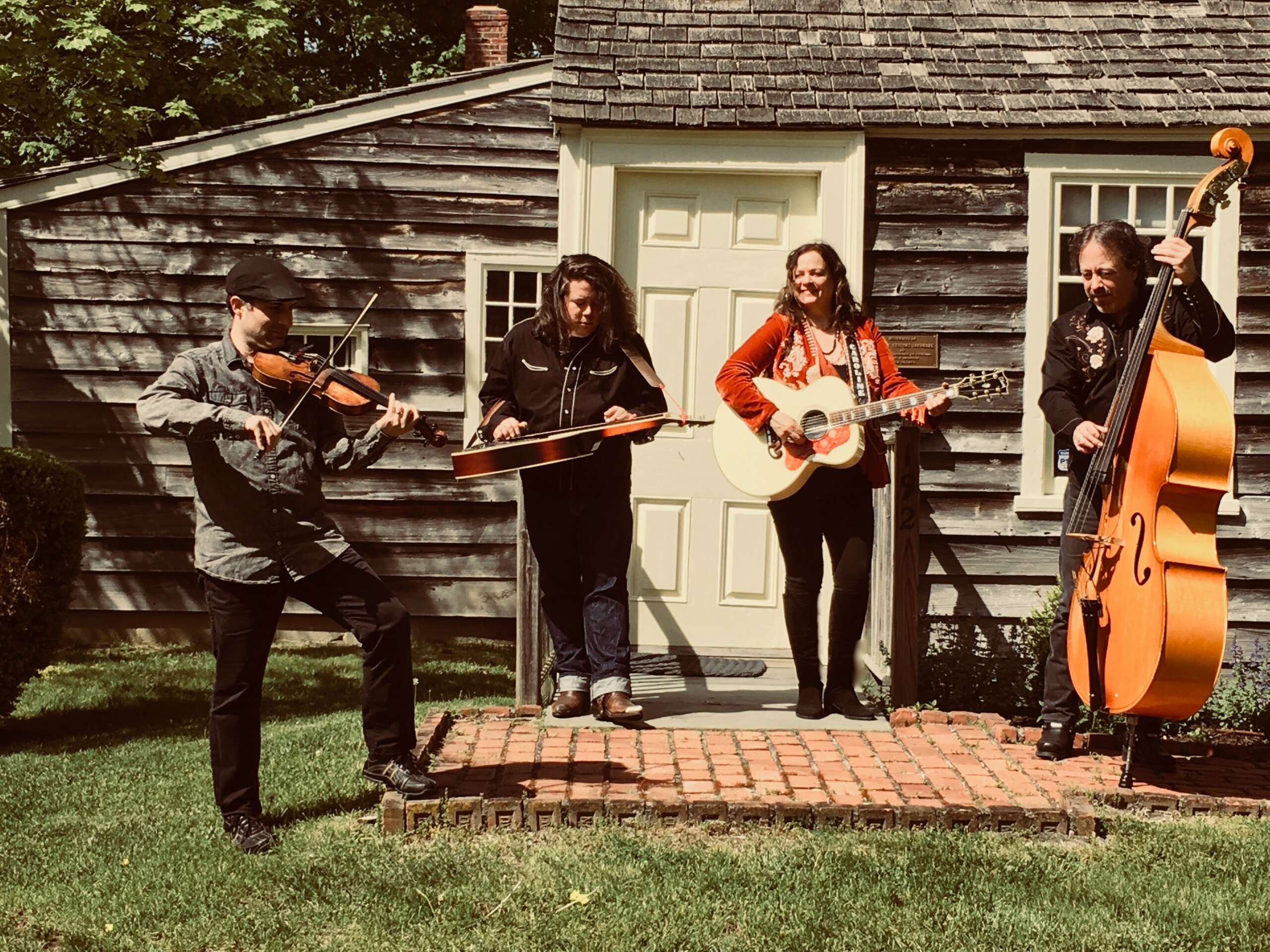
How can we best help foster a strong, supportive environment for artists and creatives?
I’m really not a fan of streaming services such as Spotify. That kind of technology has made it much harder, financially, for working musicians. Musicians should be paid fairly. After all, we create the content and without us, what would they sell? And I hope fans of music understand how little money most working musicians now make and how difficult it is to survive as a creative person in a digital economy. It’s never been easy to do what you love and to make a living at it but I worry that it is becoming near impossible for a musician to do what I have done in my career. I don’t know if many fans of music, whatever the genre, really understand how little money goes to the people actually creating the music! Not the big stars but the working musicians. So the best way to have a thriving creative ecosystem is to begin at the beginning: making the public aware of how little support really exists for the regular musician and how fans can help.
Contact Info:
- Website: https://www.carolinedoctorow.com
- Facebook: https://www.facebook.com/CarolineDoctorowOfficial
- Youtube: https://www.youtube.com/channel/UCCA_vJyMMRpbWRrBi1-y8Jw
Image Credits
All photos and artwork ©2023 Grover Gatewood


